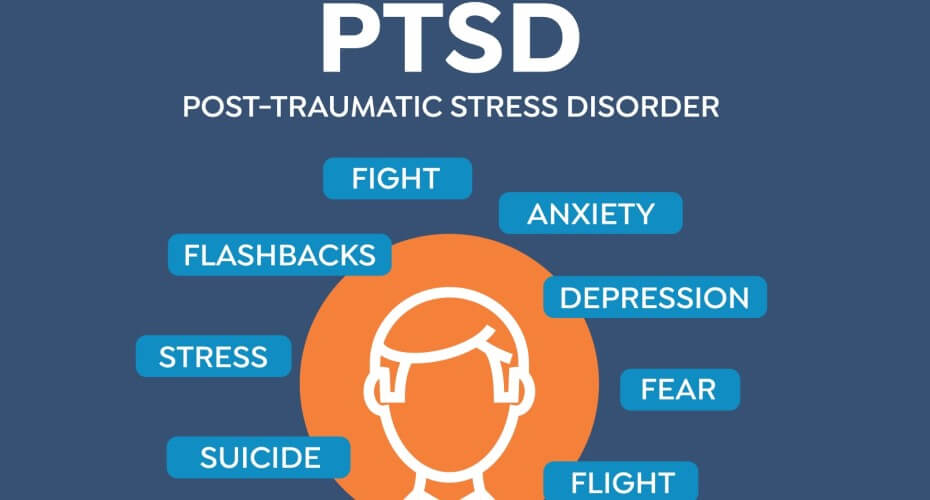Post-Traumatic Stress Disorder (PTSD) is a complex mental health condition triggered by experiencing or witnessing traumatic events. Common among veterans, survivors of violence, and individuals who have faced natural disasters, PTSD can significantly impair daily functioning and quality of life. As mental health awareness grows, so does interest in alternative treatments, and medical herb is emerging as a promising option for some patients.
Understanding PTSD
PTSD can manifest through a variety of symptoms, including flashbacks, severe anxiety, nightmares, and uncontrollable thoughts about the trauma. Traditional treatment often involves therapy, medication, or a combination of both. However, some individuals find that conventional treatments do not fully alleviate their symptoms. This has led many to explore the herbential benefits of medical herb.
The Role of Herb in Managing PTSD
Herb contains numerous compounds, with the most notable being THC and CBD. Research suggests that these compounds may help manage PTSD symptoms in several ways:
Anxiety Reduction
Both THC and CBD have been shown to have anxiolytic (anxiety-reducing) properties. For individuals with PTSD, reducing anxiety can lead to an improved sense of safety and stability, making it easier to engage in everyday activities.
Sleep Improvement
Sleep disturbances are a common issue for those with PTSD. Herb, especially strains high in CBD, may promote better sleep quality and help manage insomnia. Improved sleep can significantly enhance overall well-being and recovery.
Emotional Regulation
Herb may help individuals process traumatic memories in a less distressing manner. Some patients report that using herb allows them to confront difficult feelings and memories without becoming overwhelmed.
Pain Relief
Many individuals with PTSD also experience chronic pain. Medical herb is known for its analgesic properties, helping to alleviate physical discomfort that can accompany emotional distress. 
Choosing the Right Strain
When considering medical herb for PTSD, it’s essential to consult with a healthcare provider who understands herb therapy. The choice of strain can significantly impact the experience; strains high in CBD may be more suitable for those looking to alleviate anxiety without the psychoactive effects of THC. Conversely, some may benefit from a balanced strain that includes both cannabinoids.
Dosage and Delivery Method
Edibles, oils, vaporizers, and tinctures offer different onset times and durations of effect. Starting with a low dose and adjusting as necessary is crucial to finding the right balance for managing symptoms.
Herbential Risks and Considerations
While medical herb can offer relief, it’s not without herbential risks. Side effects may include dizziness, increased heart rate, and impaired memory, particularly with higher THC strains. Furthermore, herb may not be suitable for everyone, and some individuals may prefer traditional therapies or combine treatments for optimal results.
If you or someone you know is exploring medical herb as a treatment for PTSD, it’s essential to approach it with informed caution and consult with a knowledgeable healthcare provider. With the right guidance, herb could be a valuable ally on the path to recovery.
Looking for more Medical Plants knowledge? Click these blogs:
The Dangers of Mold Infestation: How to Timely Protect Your Medicinal Plants
Maximizing Your Plants Harvest: Essential Requirements for Home Growing LED Lights



Share:
An In-Depth Look at Floodlights vs. Outdoor Security Lights: What's the Difference?
How to Overcome Limited Space for Indoor Planting? Check Out the Best Rated Led Grow Light